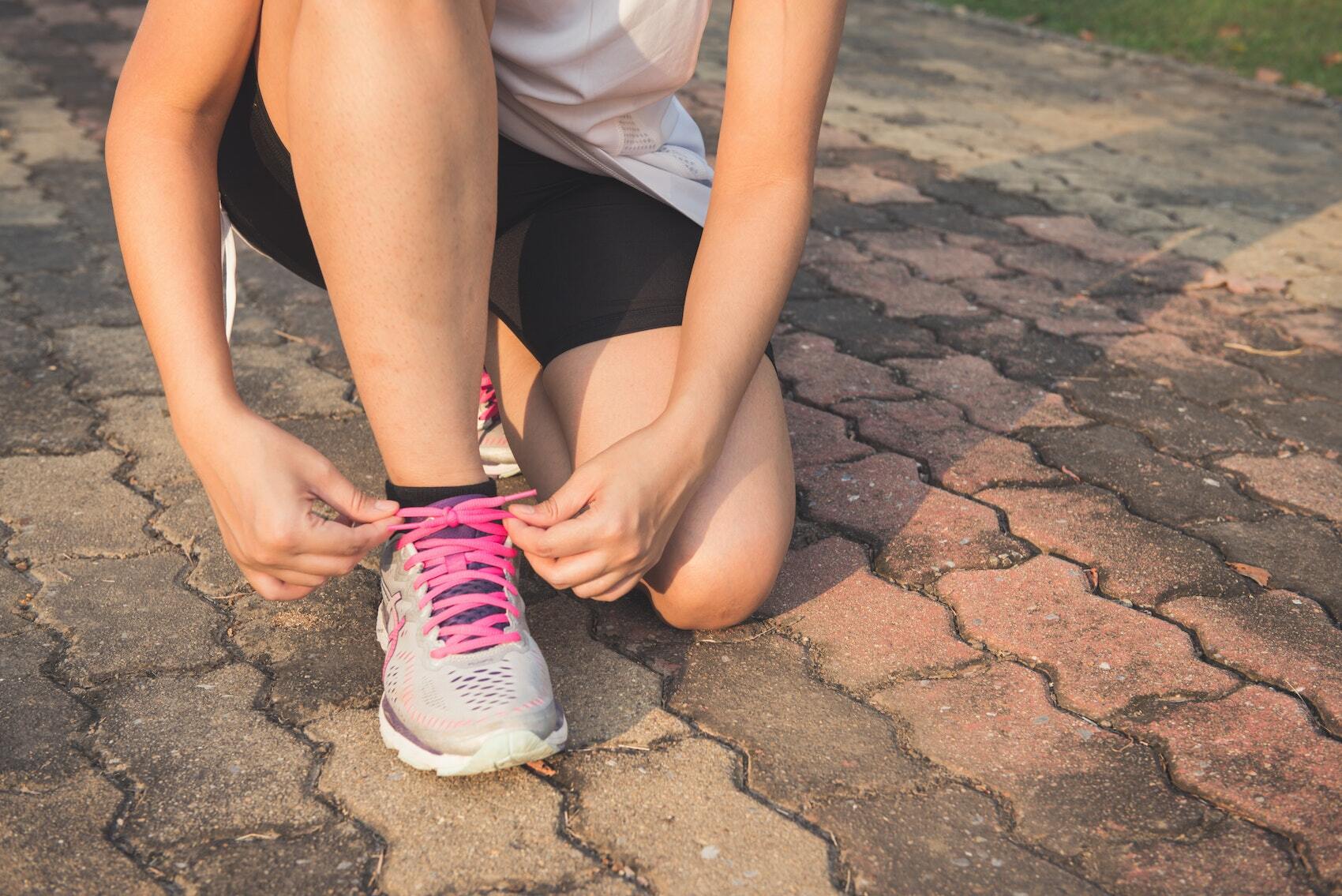A Norwegian study assures that physically active people have a higher resistance to pain.
The virtues linked to physical activity are numerous: prevention of cardiovascular risks, type 2 diabetes or neurodegenerative diseases such as Parkinson’s.
A recent Norwegian study, the results of which were published in the journal PLOS Onesuggests that it may also give the benefit of a pain tolerance more important.
Over 10,000 people surveyed
Doctors at Tromsø Hospital have analyzed the answers given by 10,732 people from this city located in northern Norway, as part of a population study, carried out over 2007-2008 and 2015-2016.
People had to assess their resistance to pain by immersing a hand, up to the wrist, in water at 3°C, for as long as possible and for a maximum of 2 minutes when possible.
Pain and physical activity: study results
The authors were able to observe that the more participants said they were active, the greater their tolerance to pain. More precisely still, those who were active in 2007-2008 and in 2015-2016 had a higher pain tolerance threshold than those declaring a sedentary lifestyle during the same periods.
They conclude:
These findings argue for increased levels of physical activity as a non-drug route to reducing or preventing chronic pain.
What do we mean by physical activity?
Remember that who says physical activity does not necessarily mean intensive sport. Low-intensity activity includes watering the garden or brisk walking above 5 km/h. Or, leisure cycling in the list of moderate-intensity activities.
Physical activity is part of the arsenal of non-drug means taken into account in the context of reducing chronic pain for fibromyalgia, to name only this disease.

